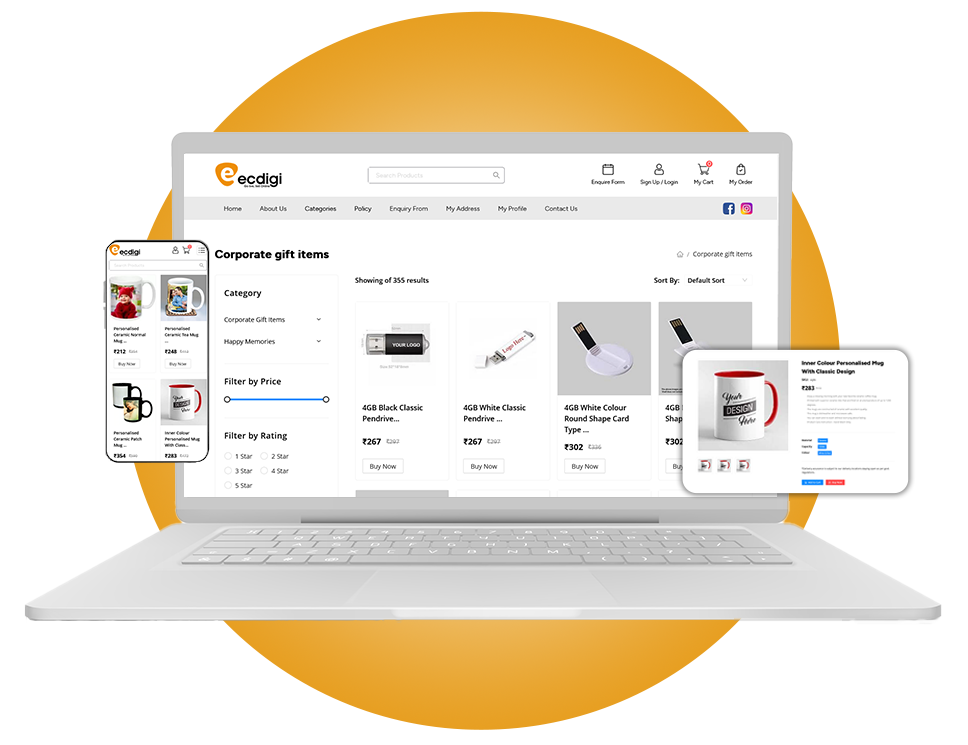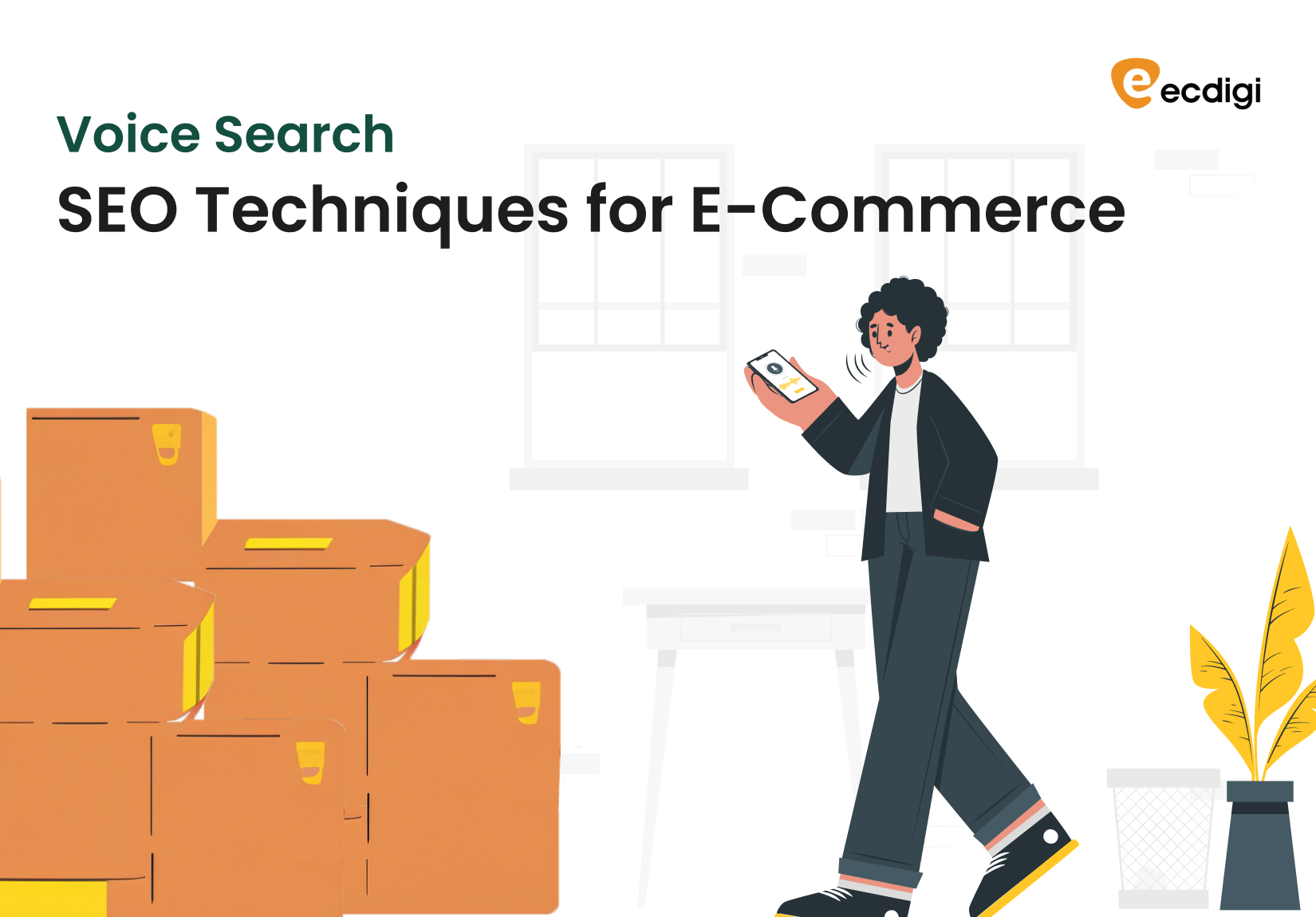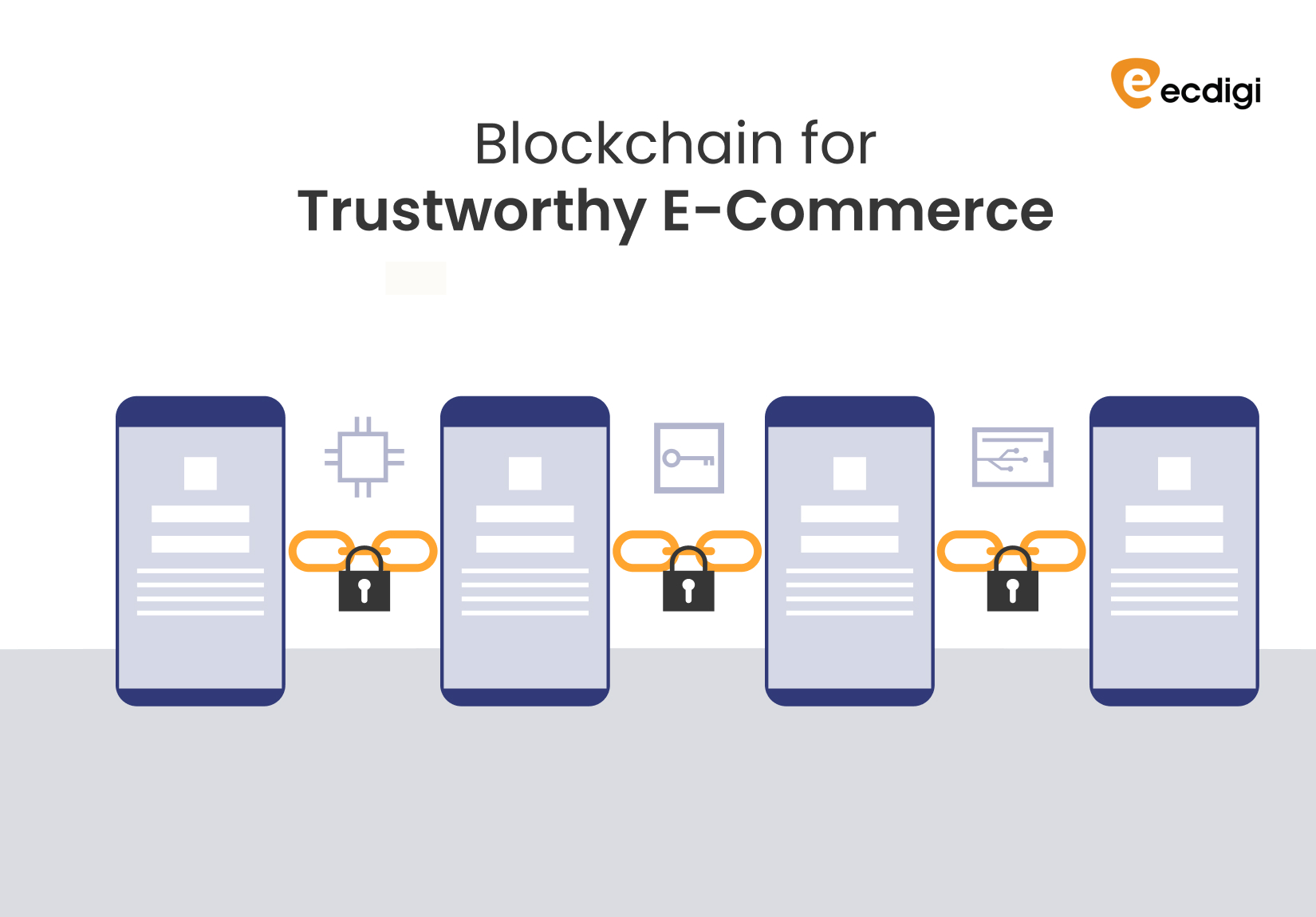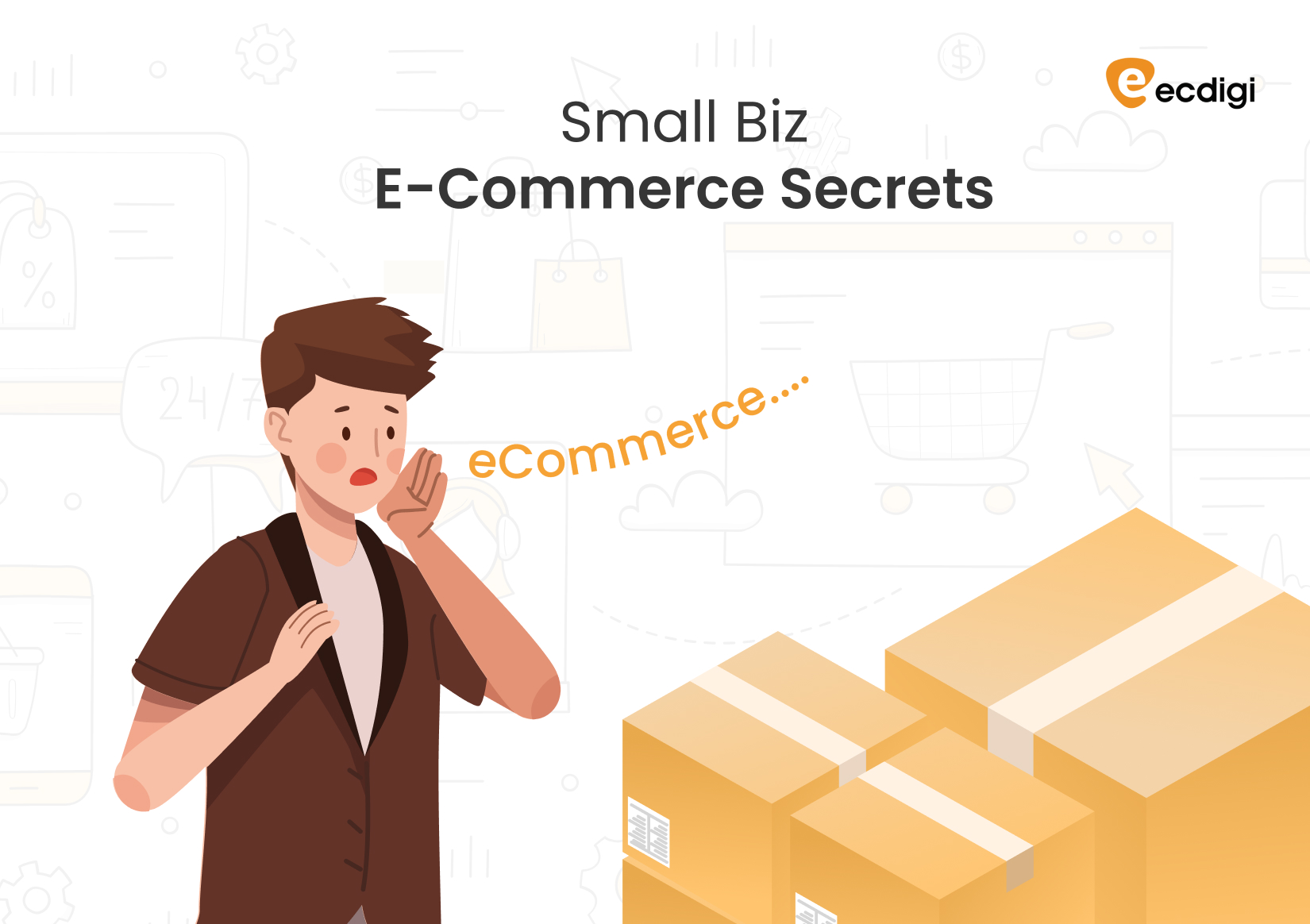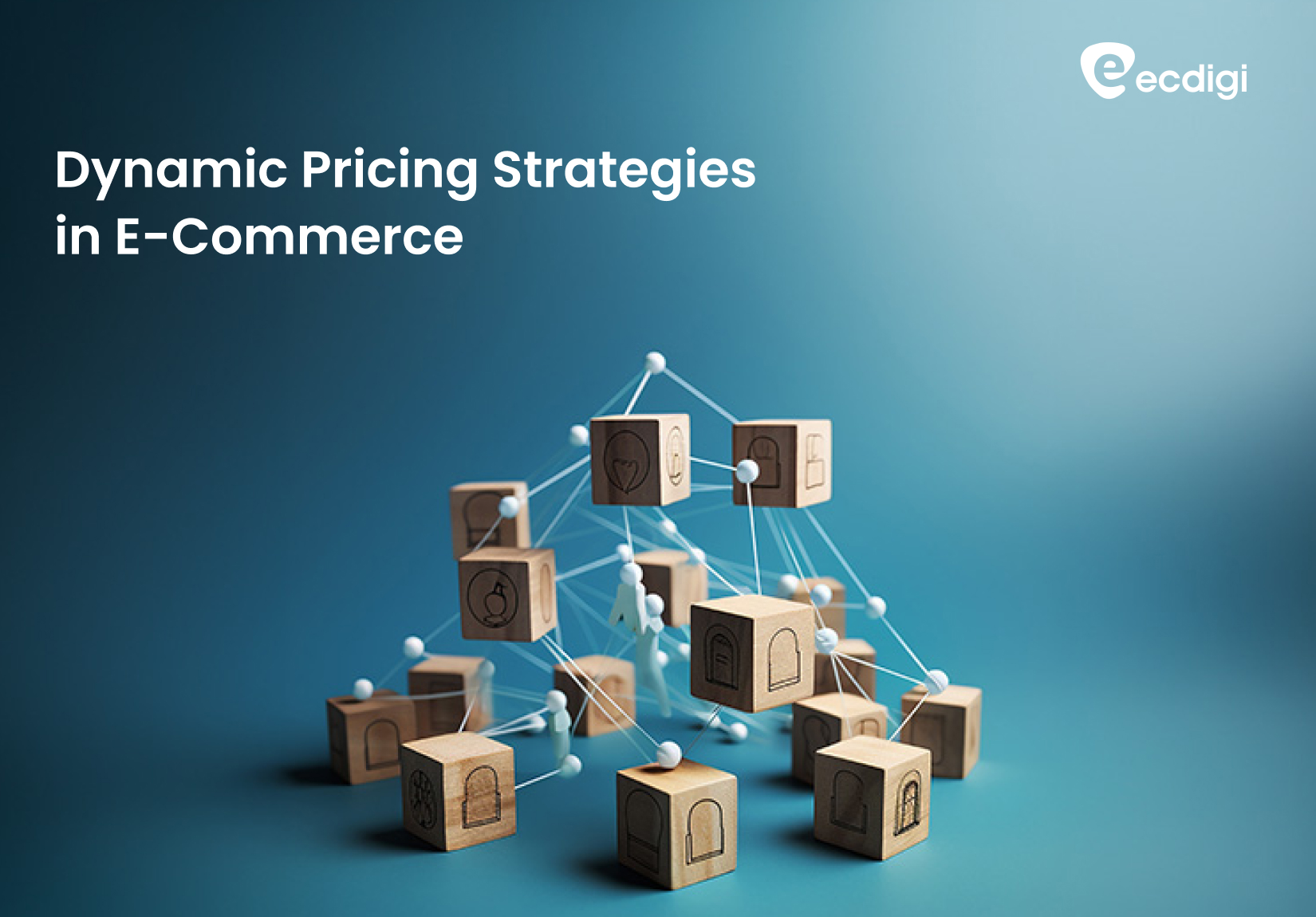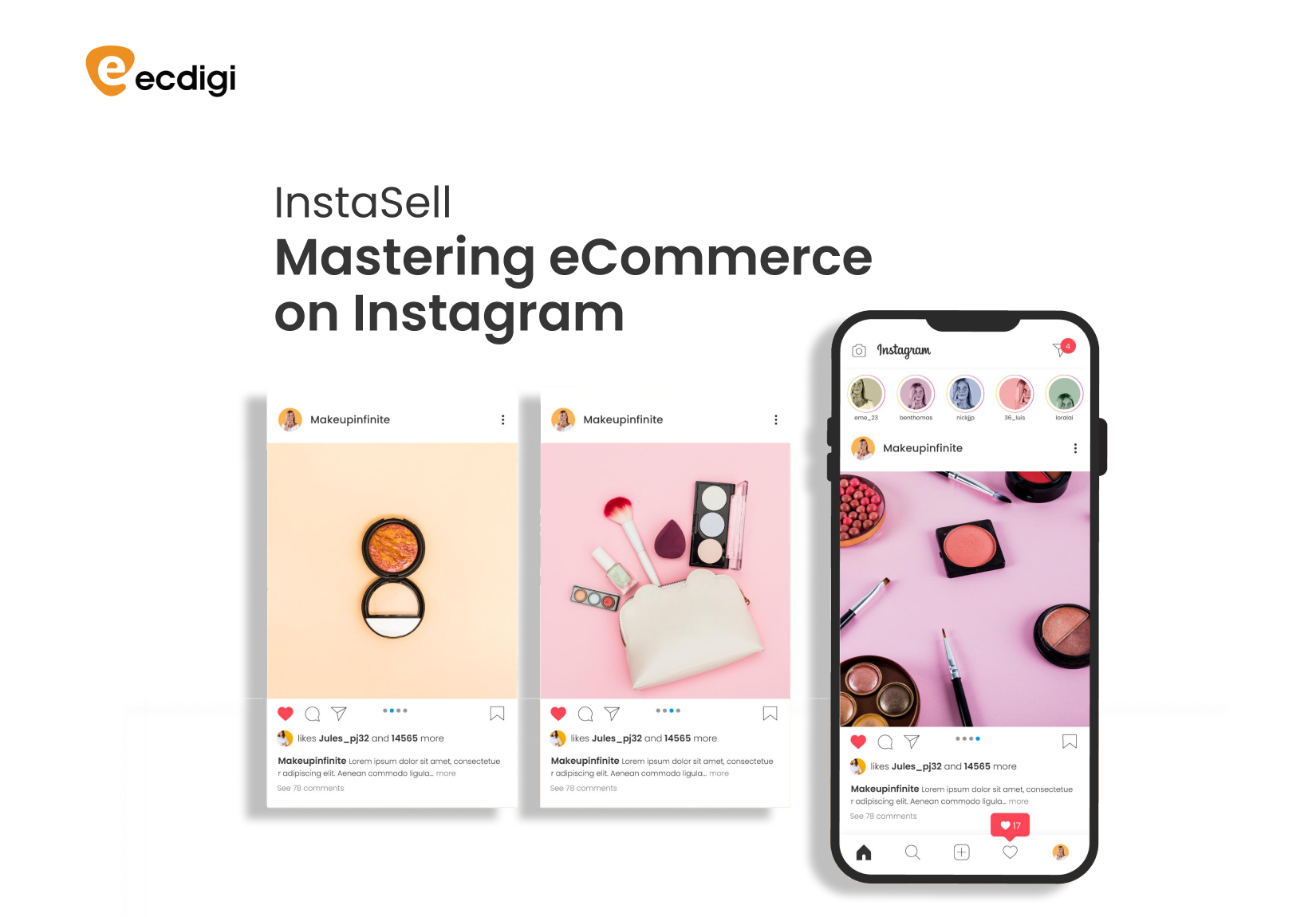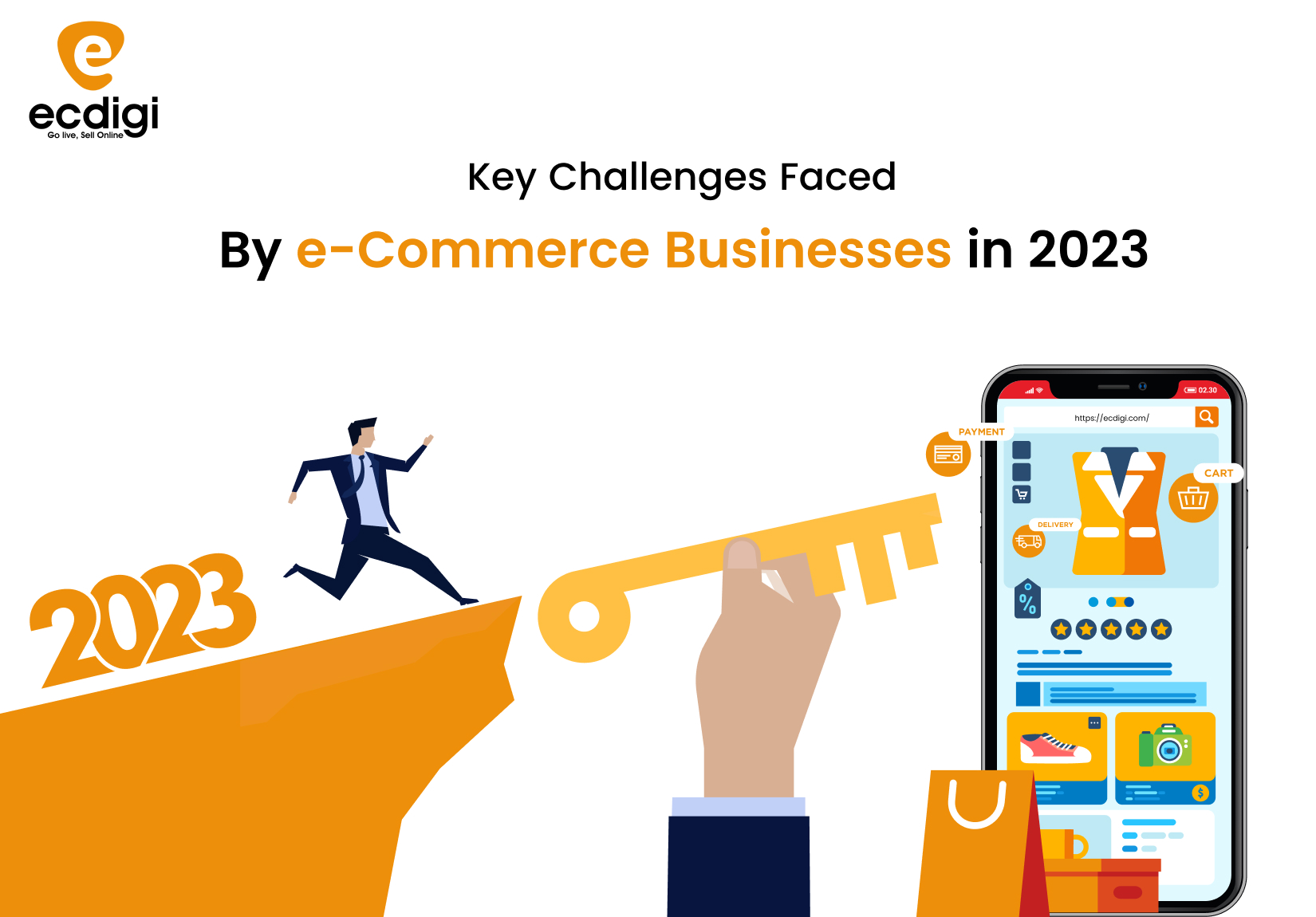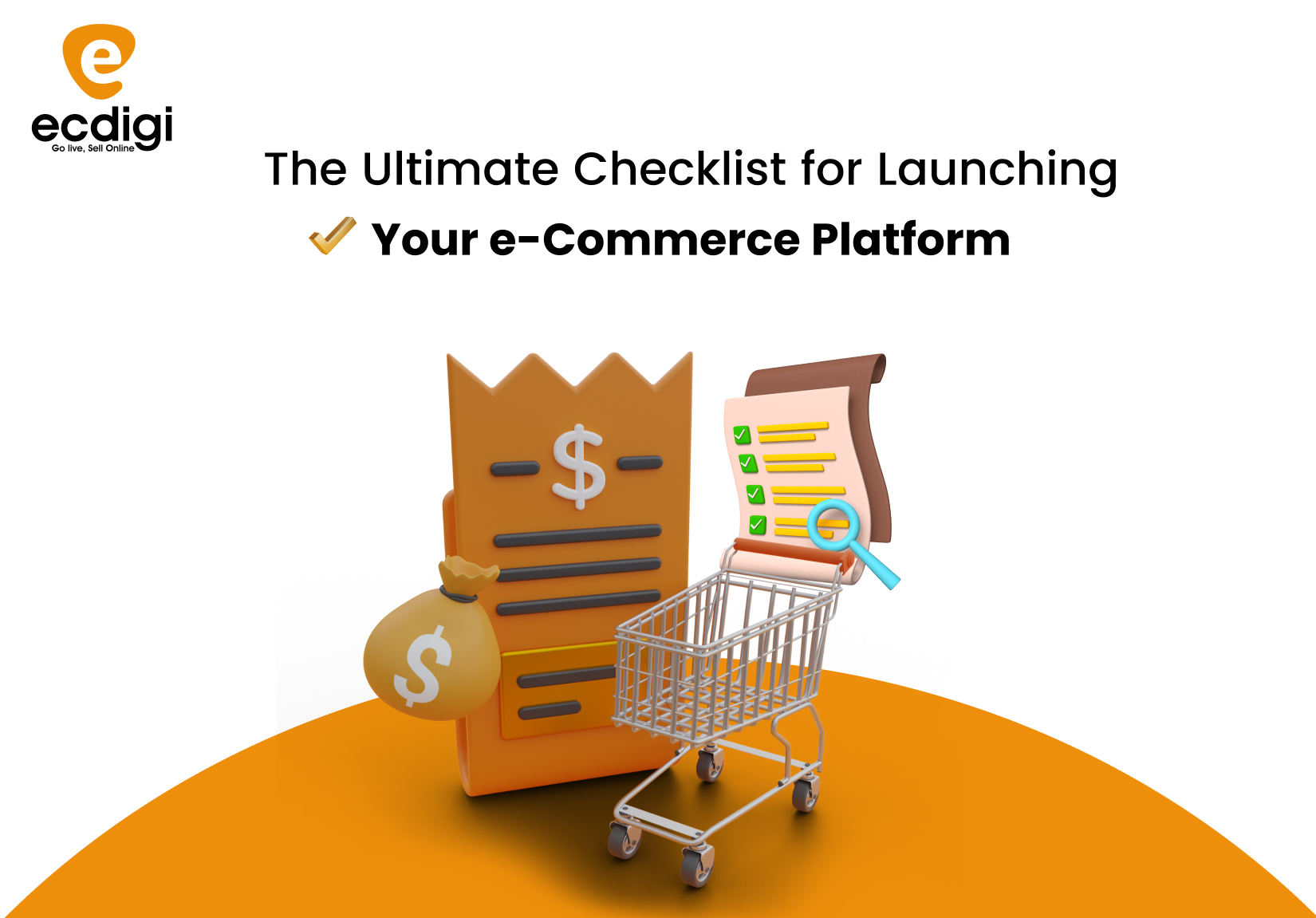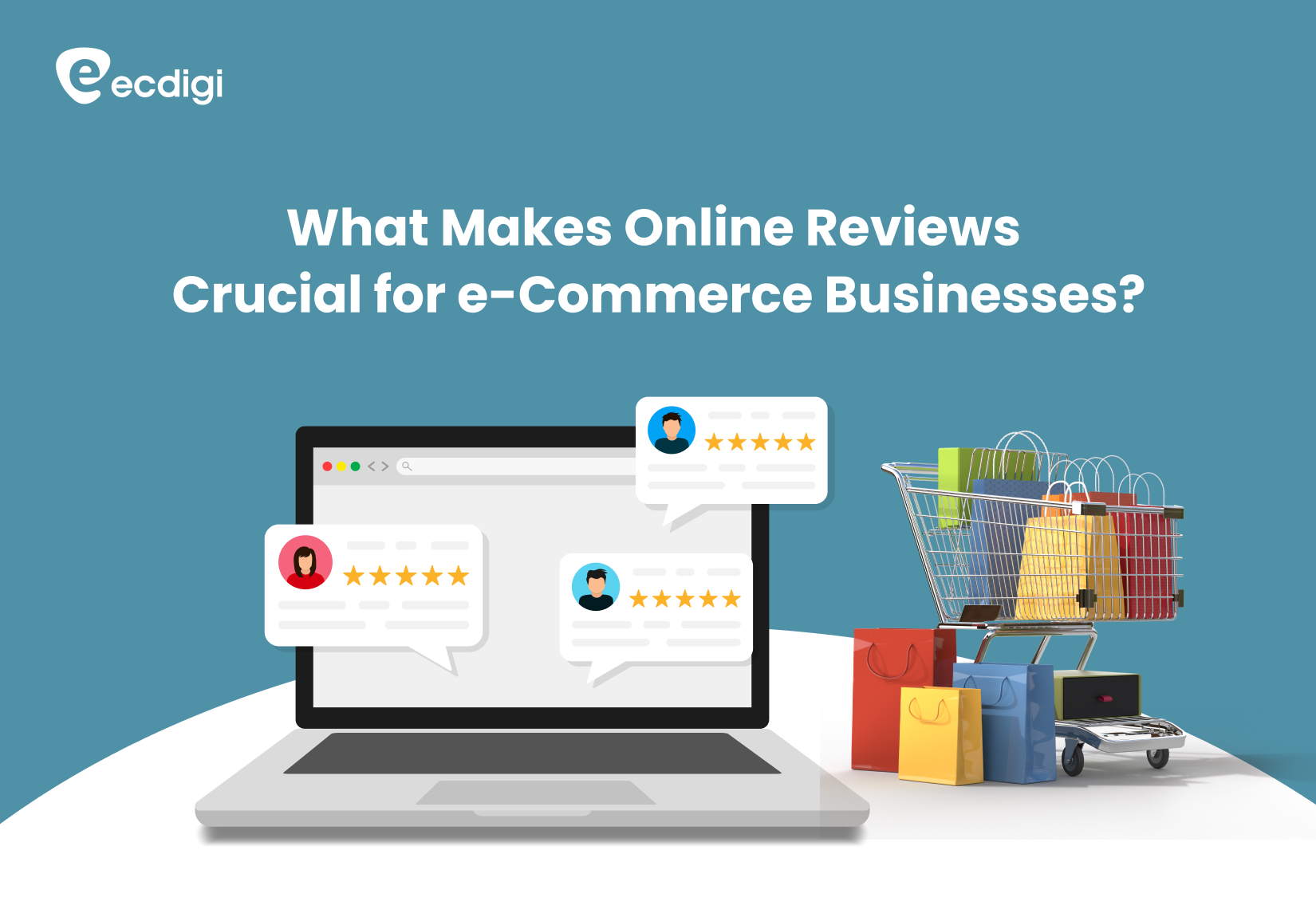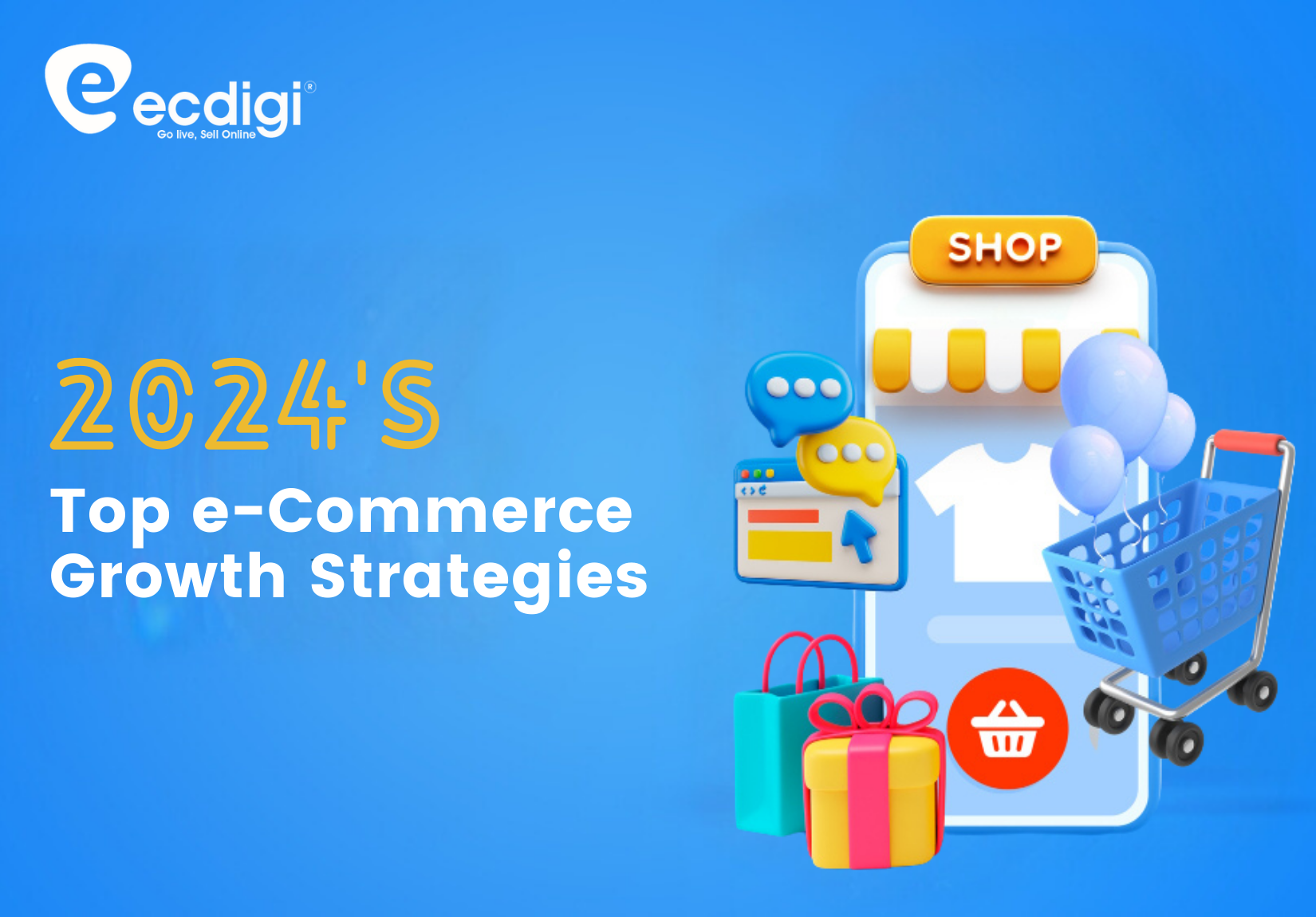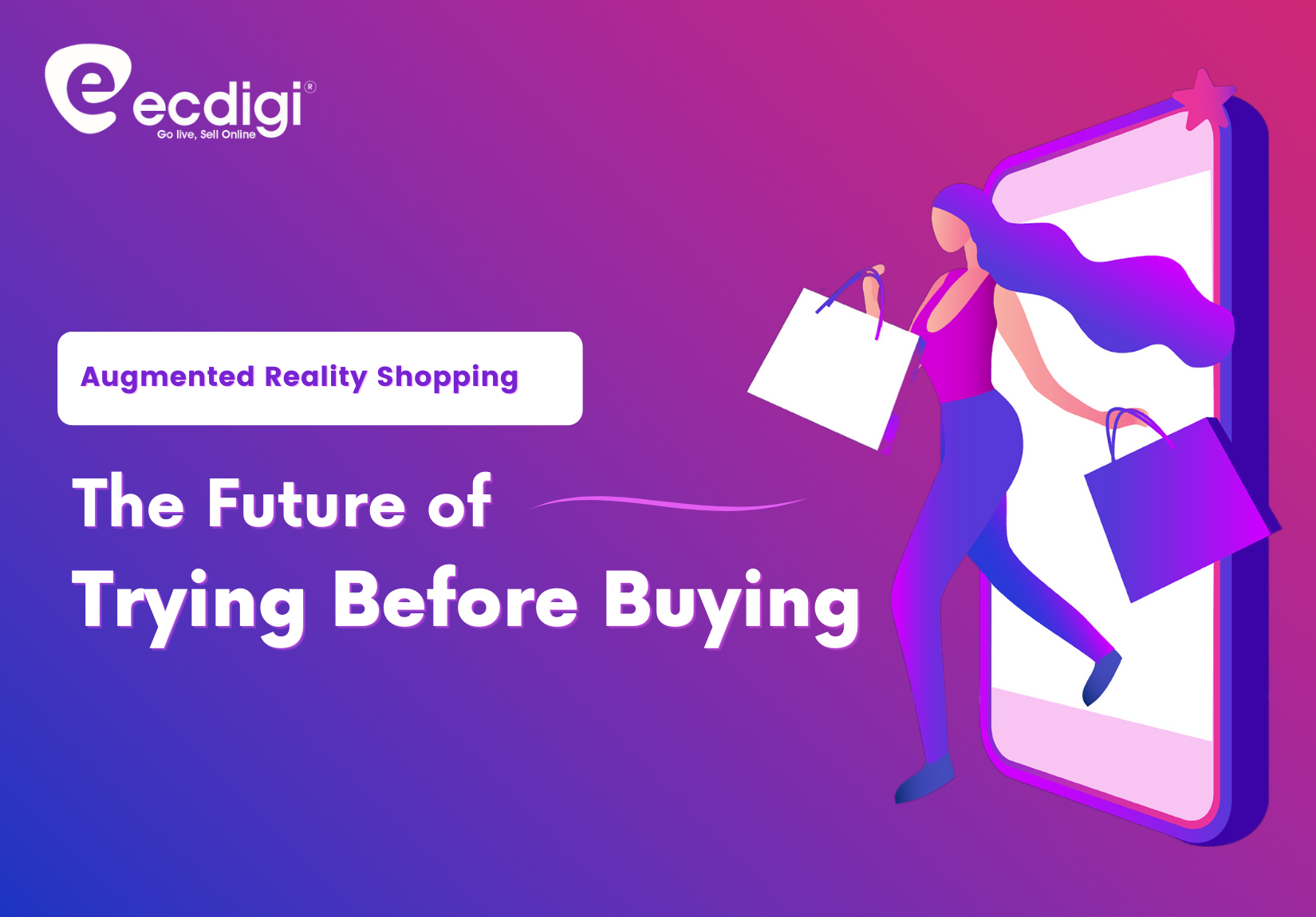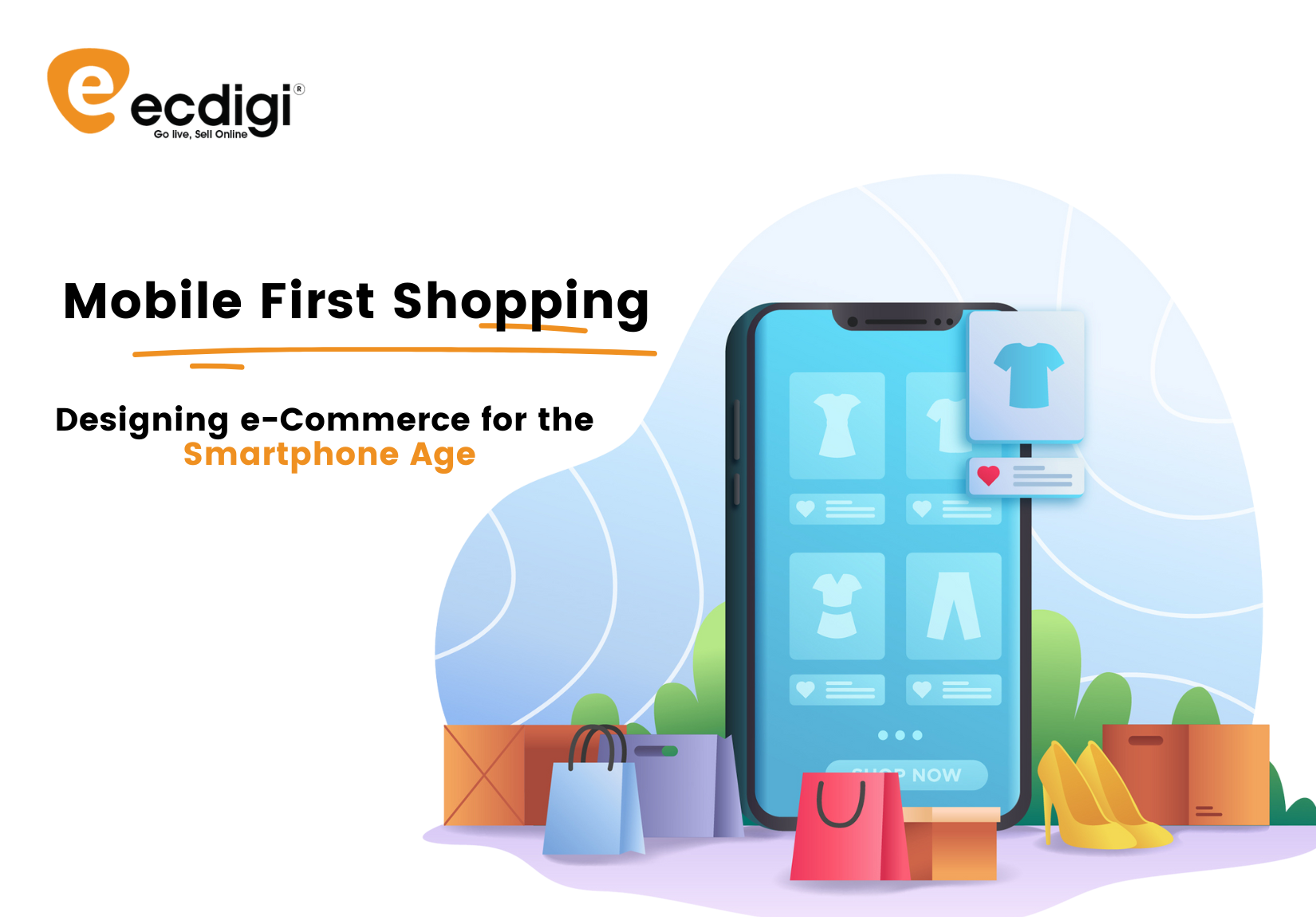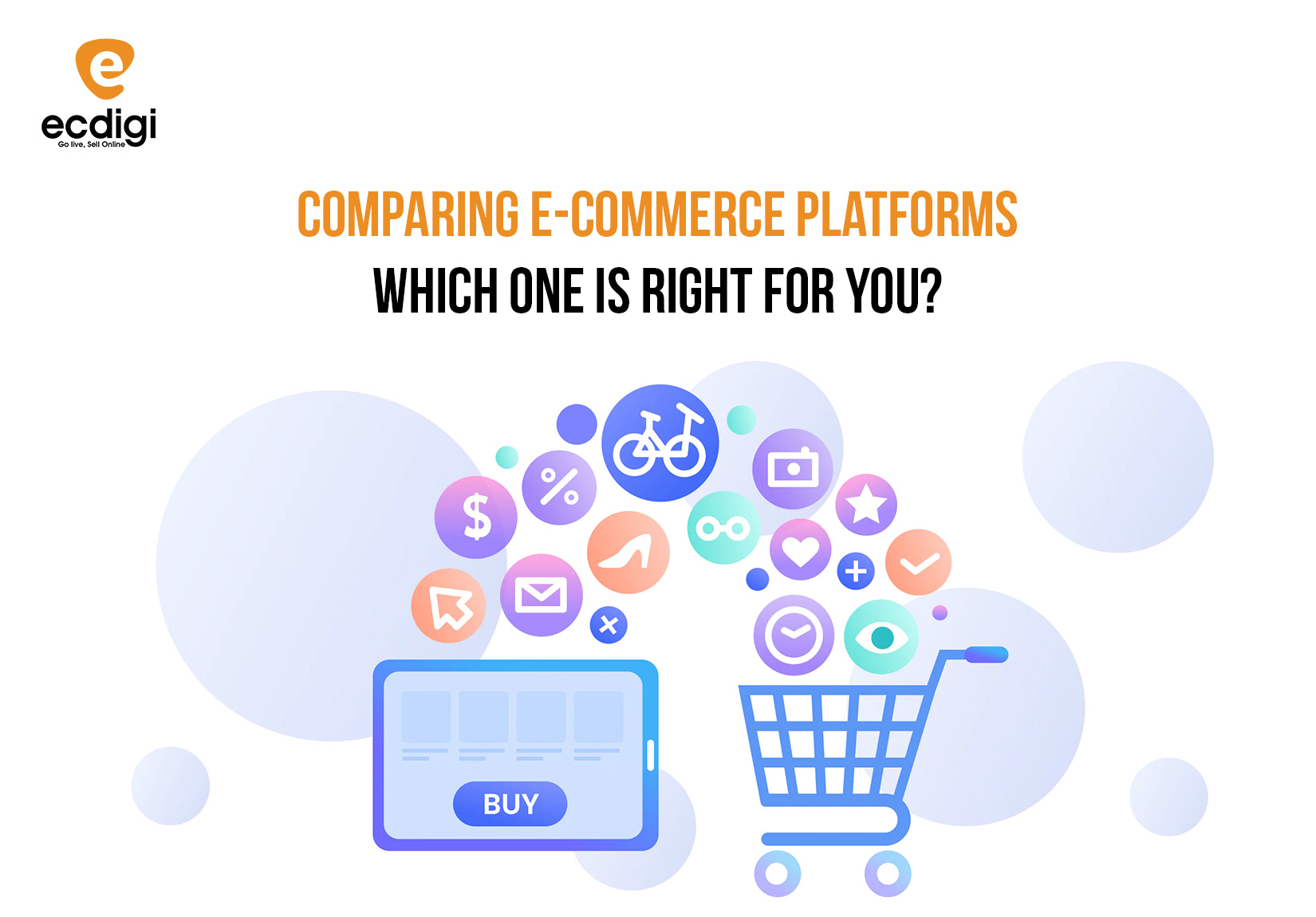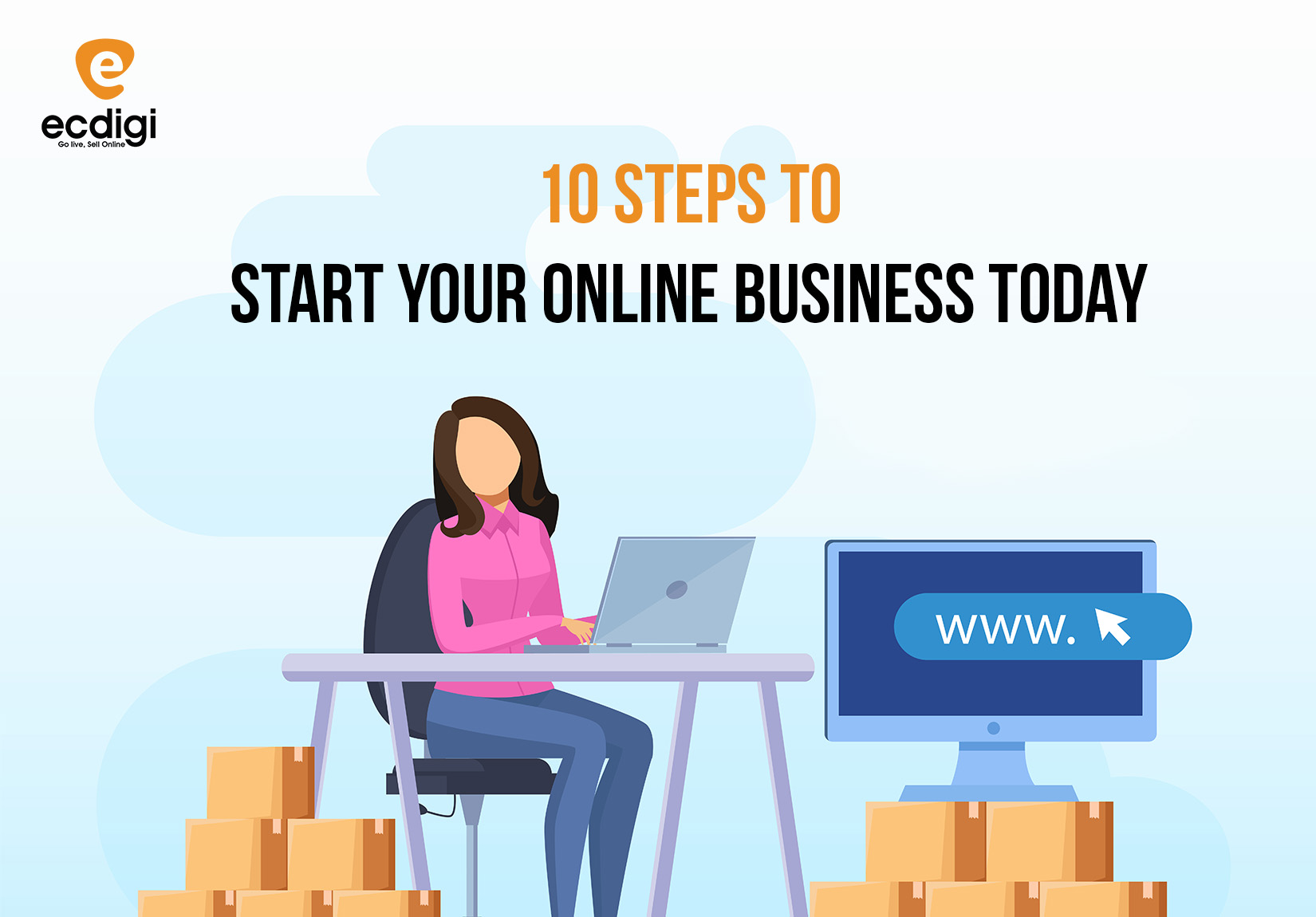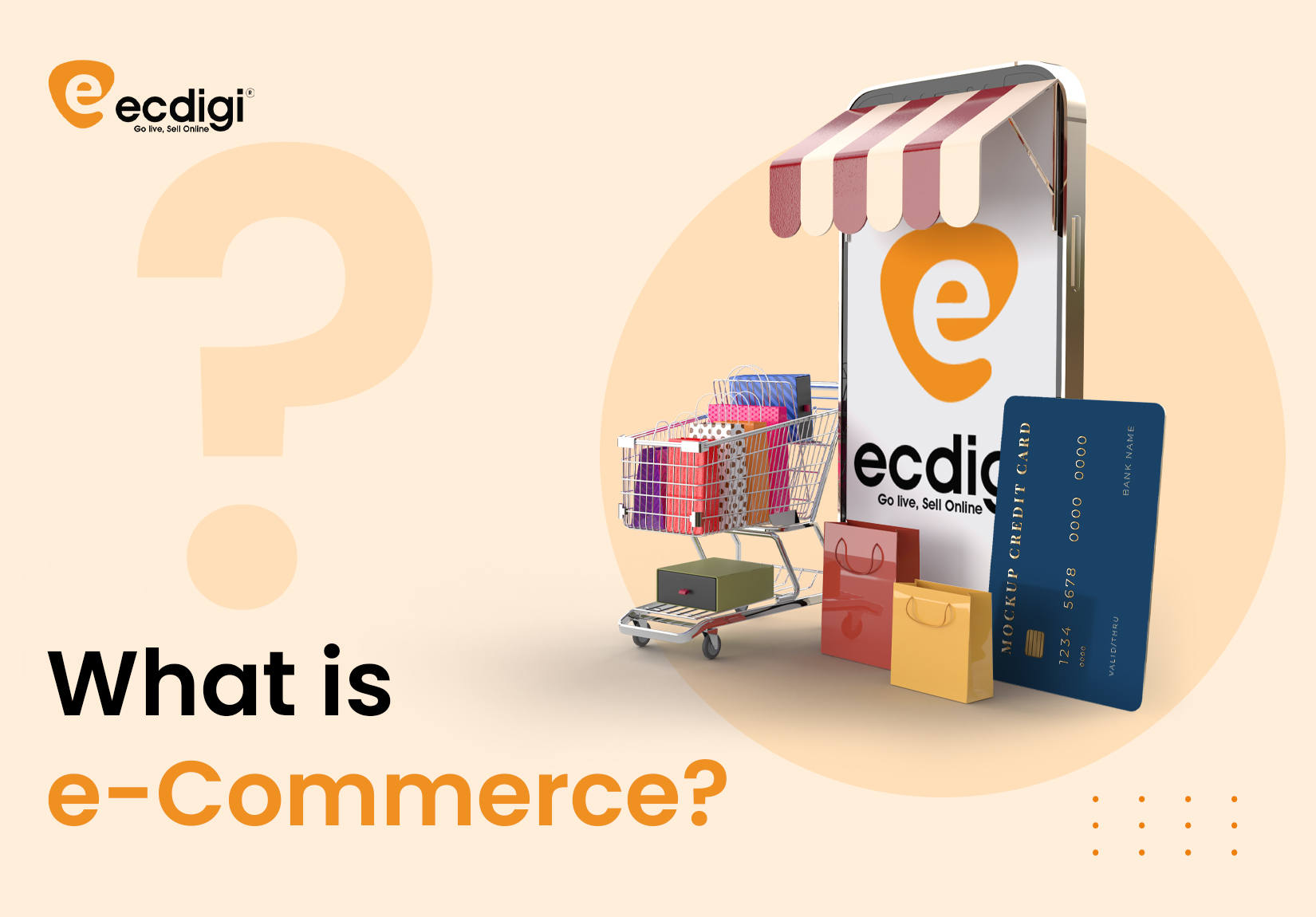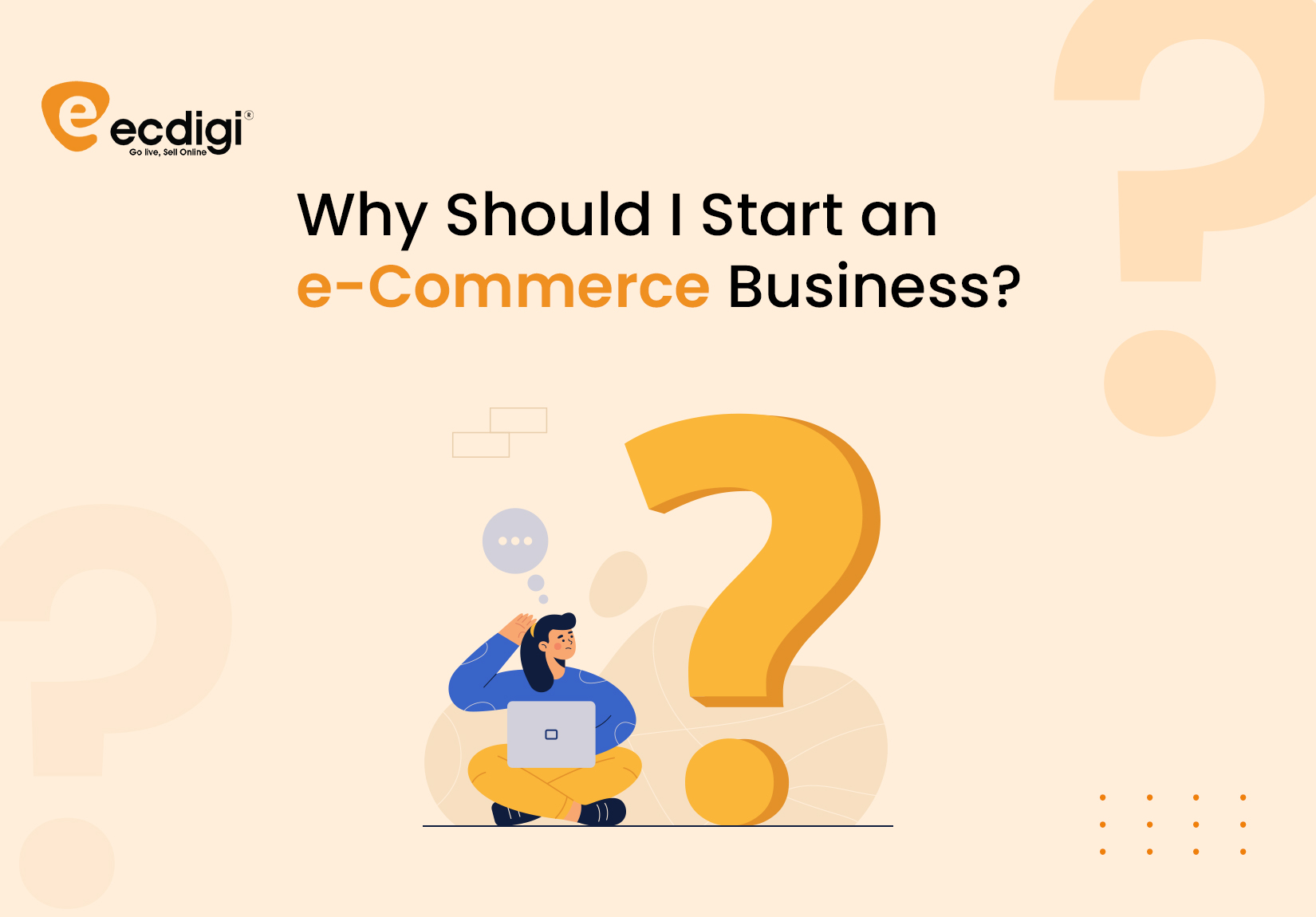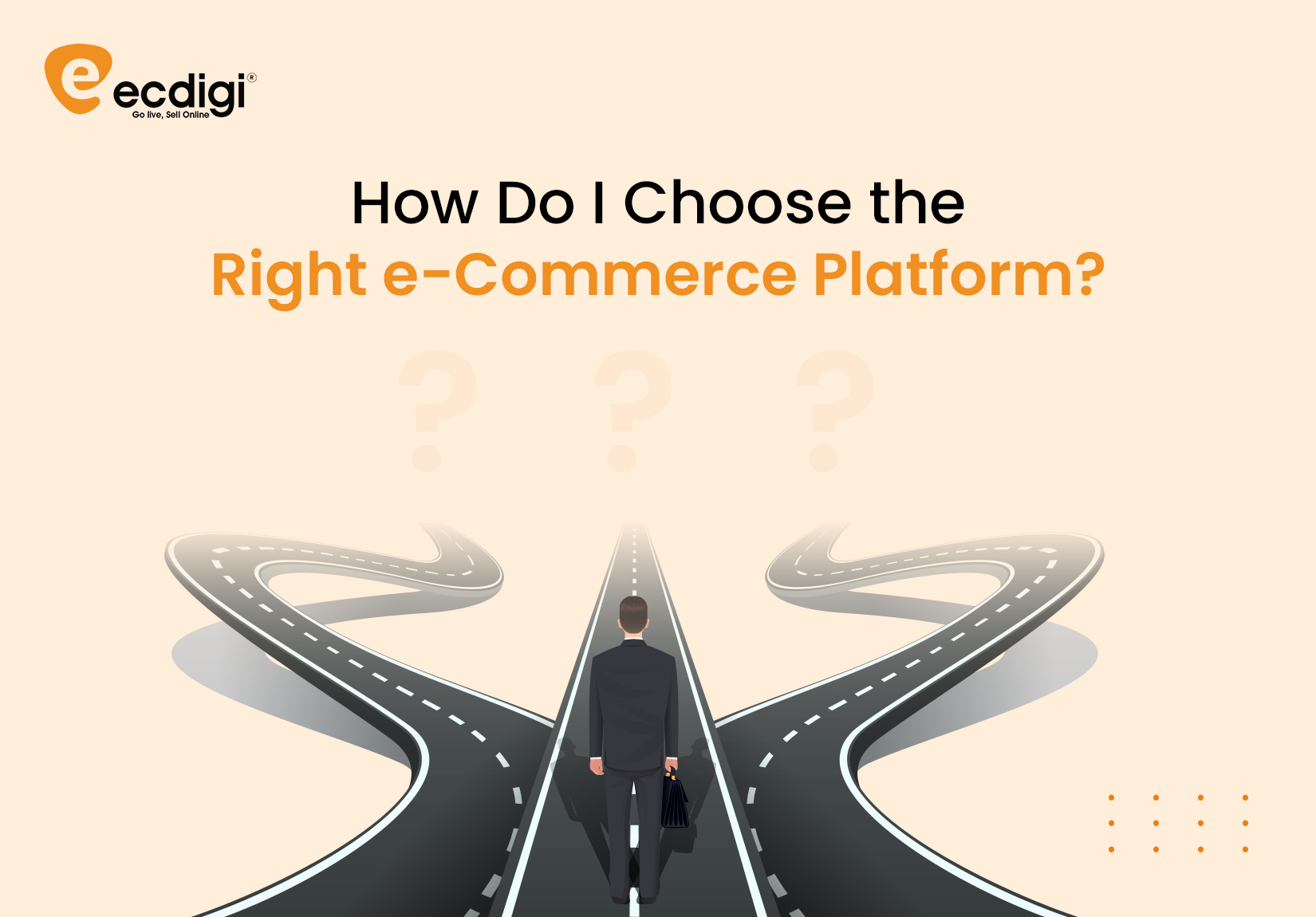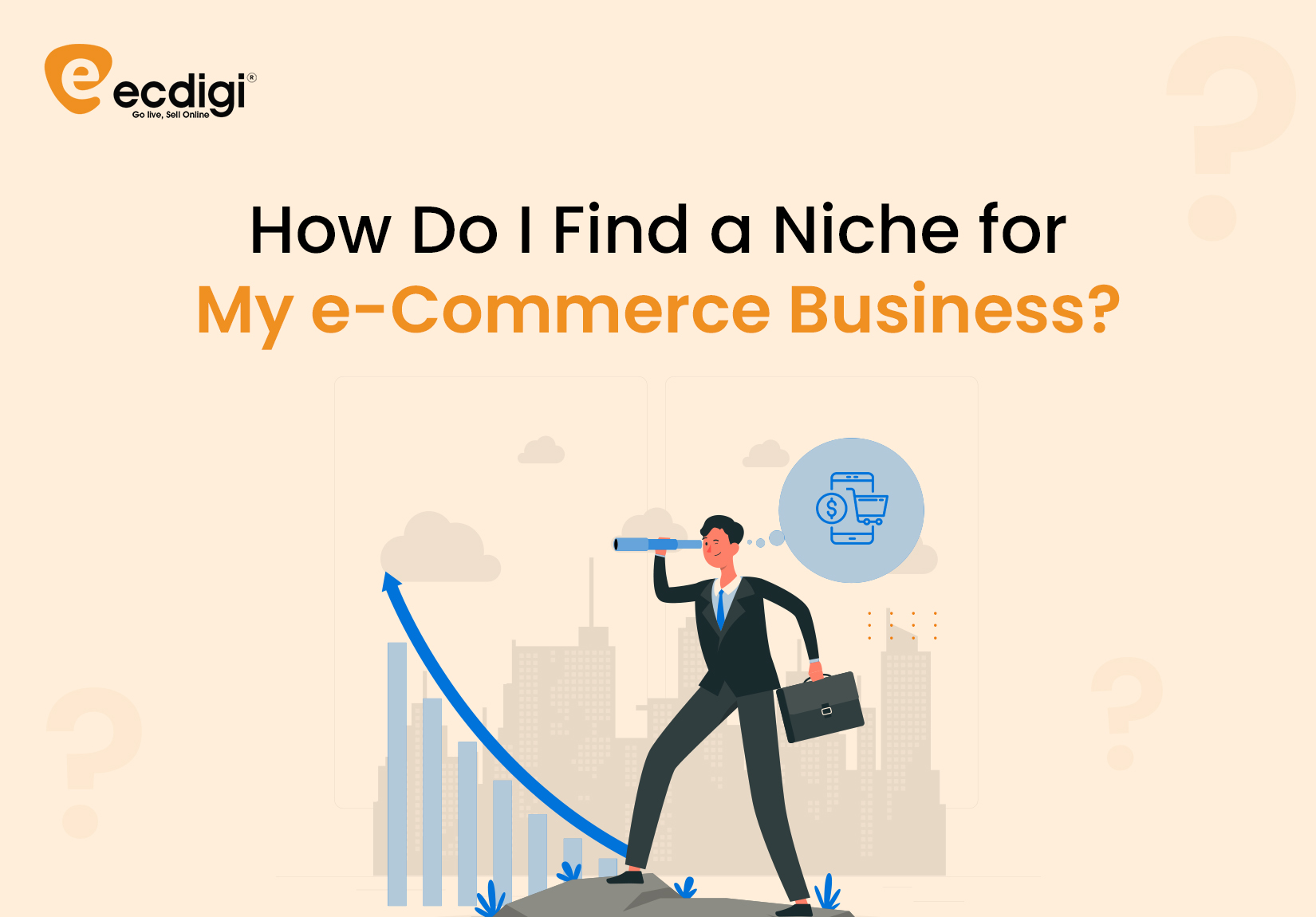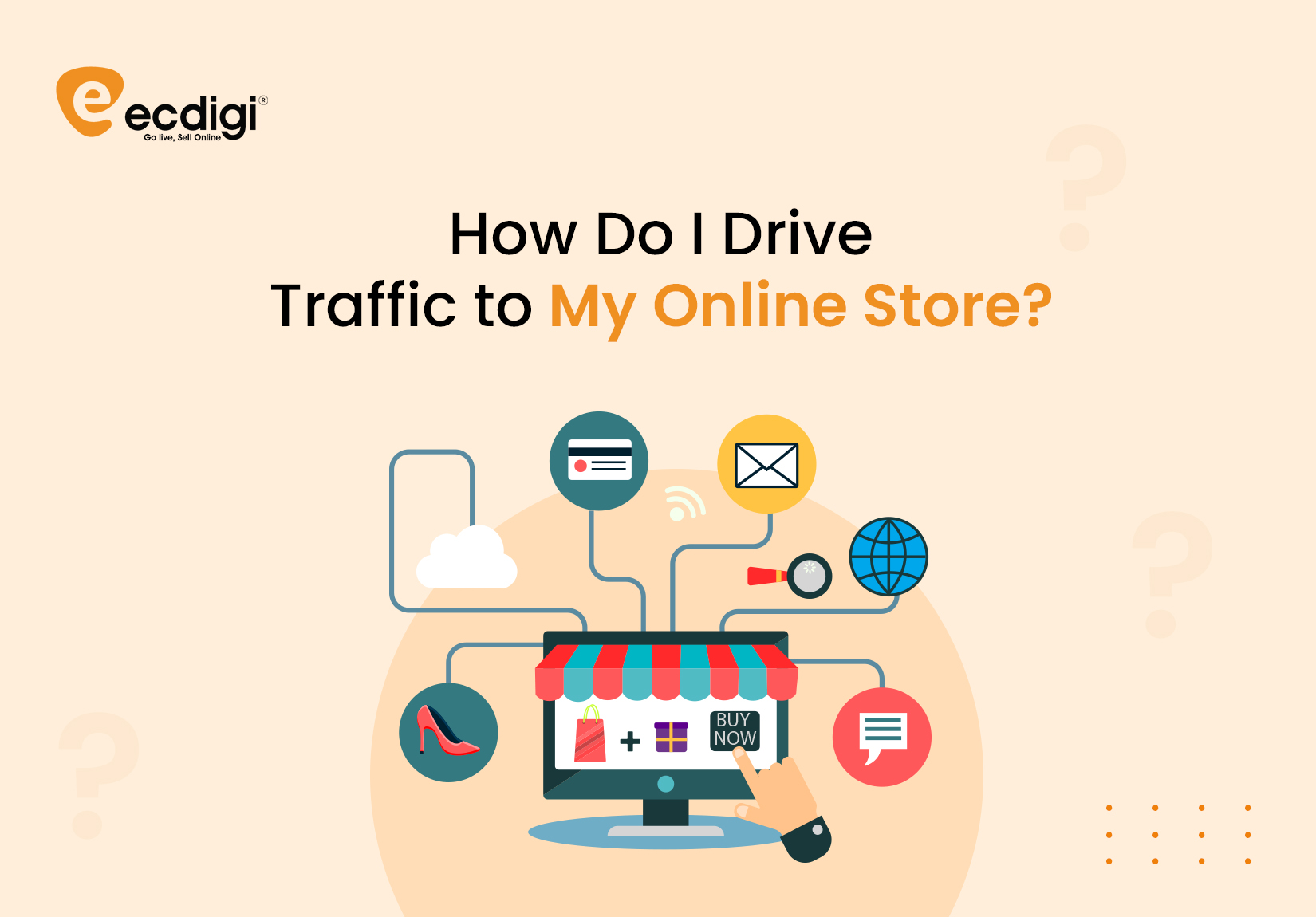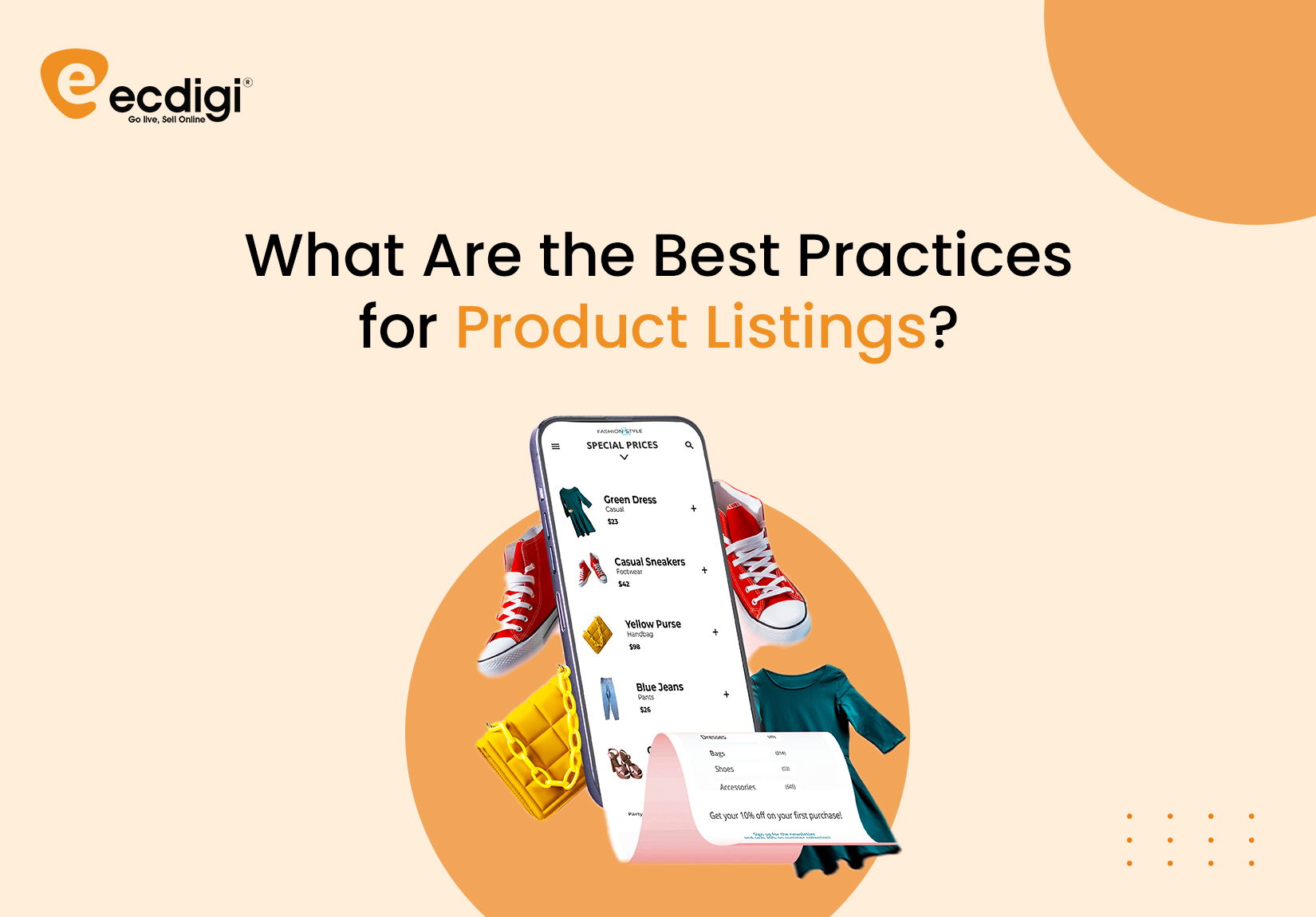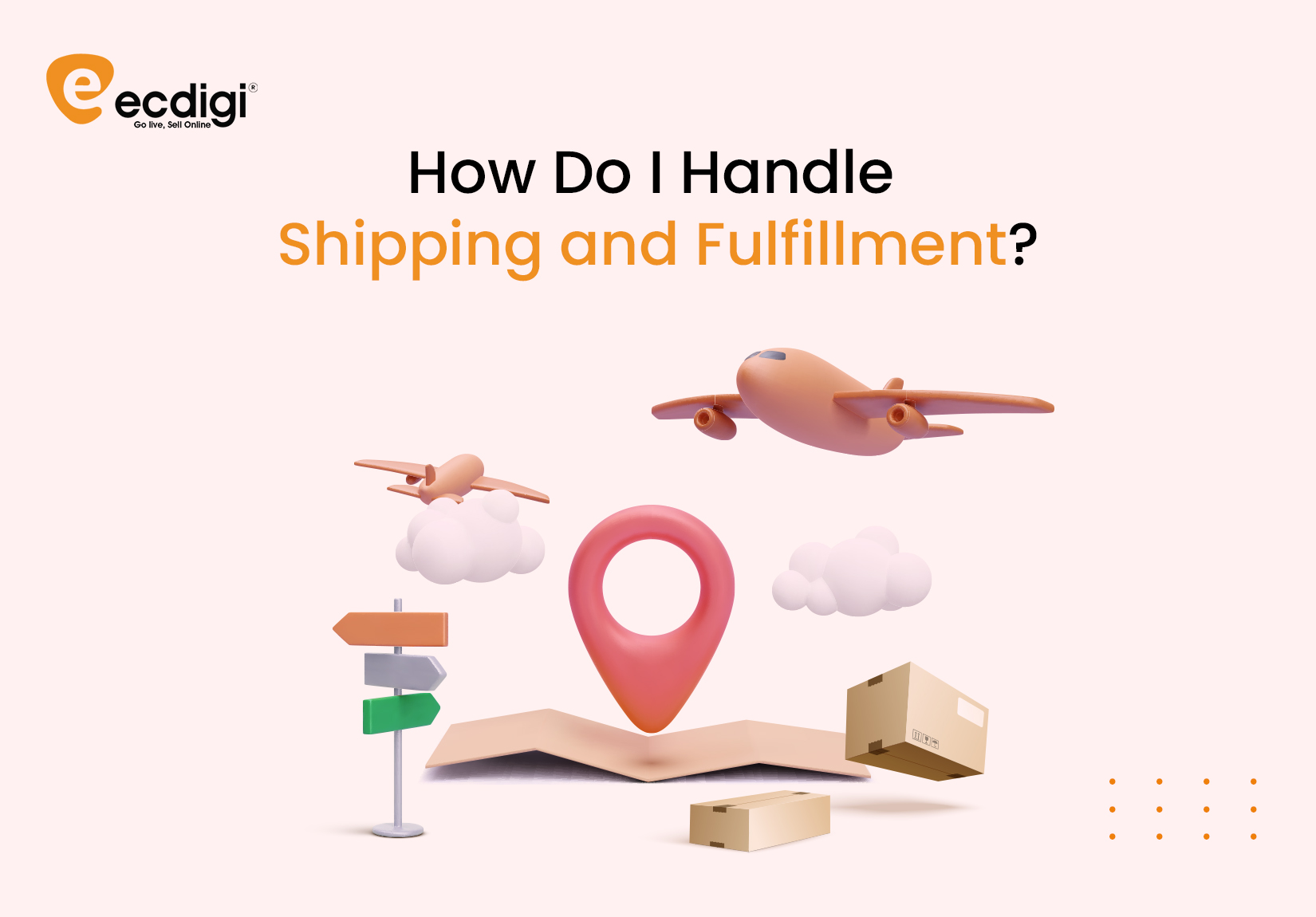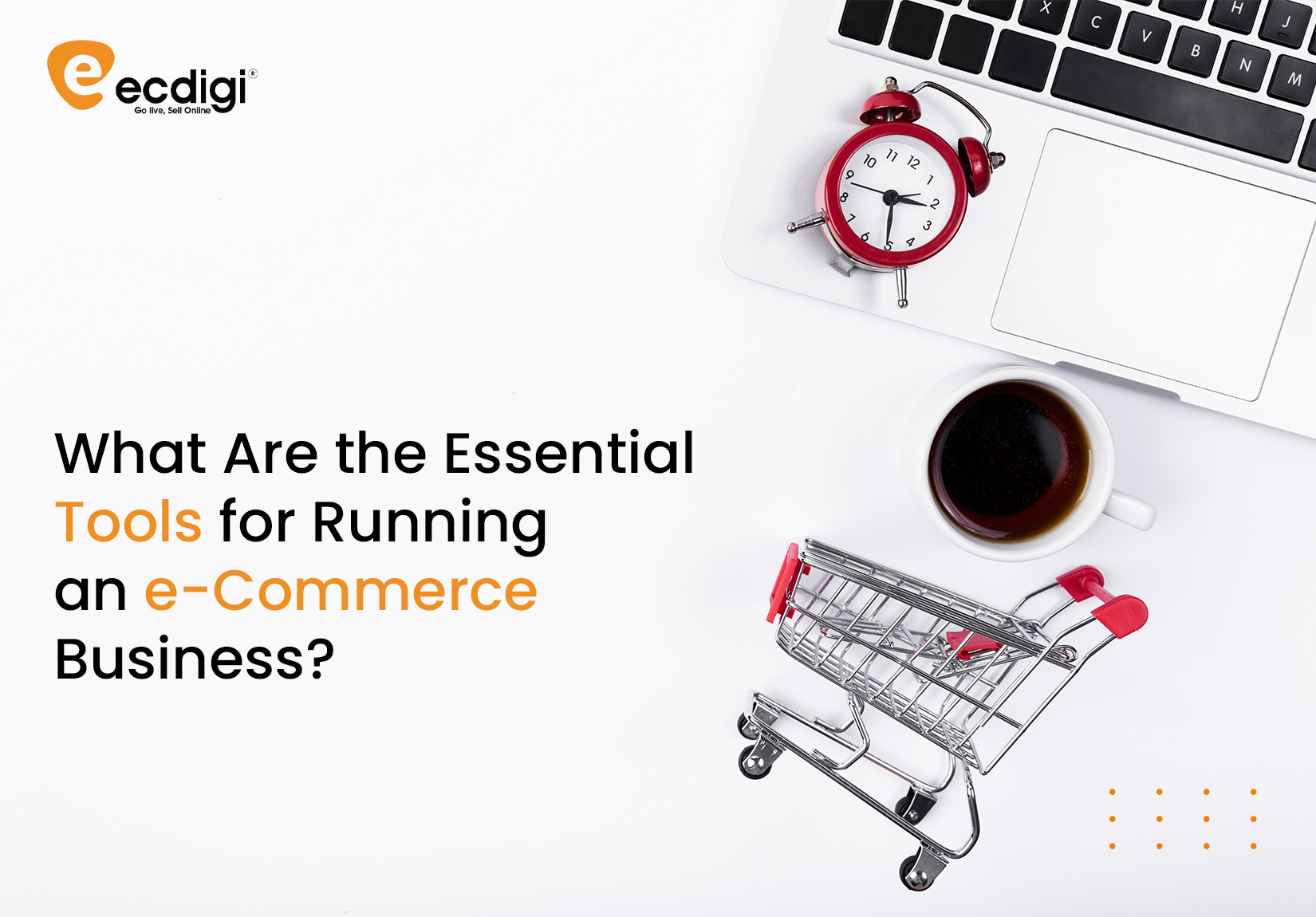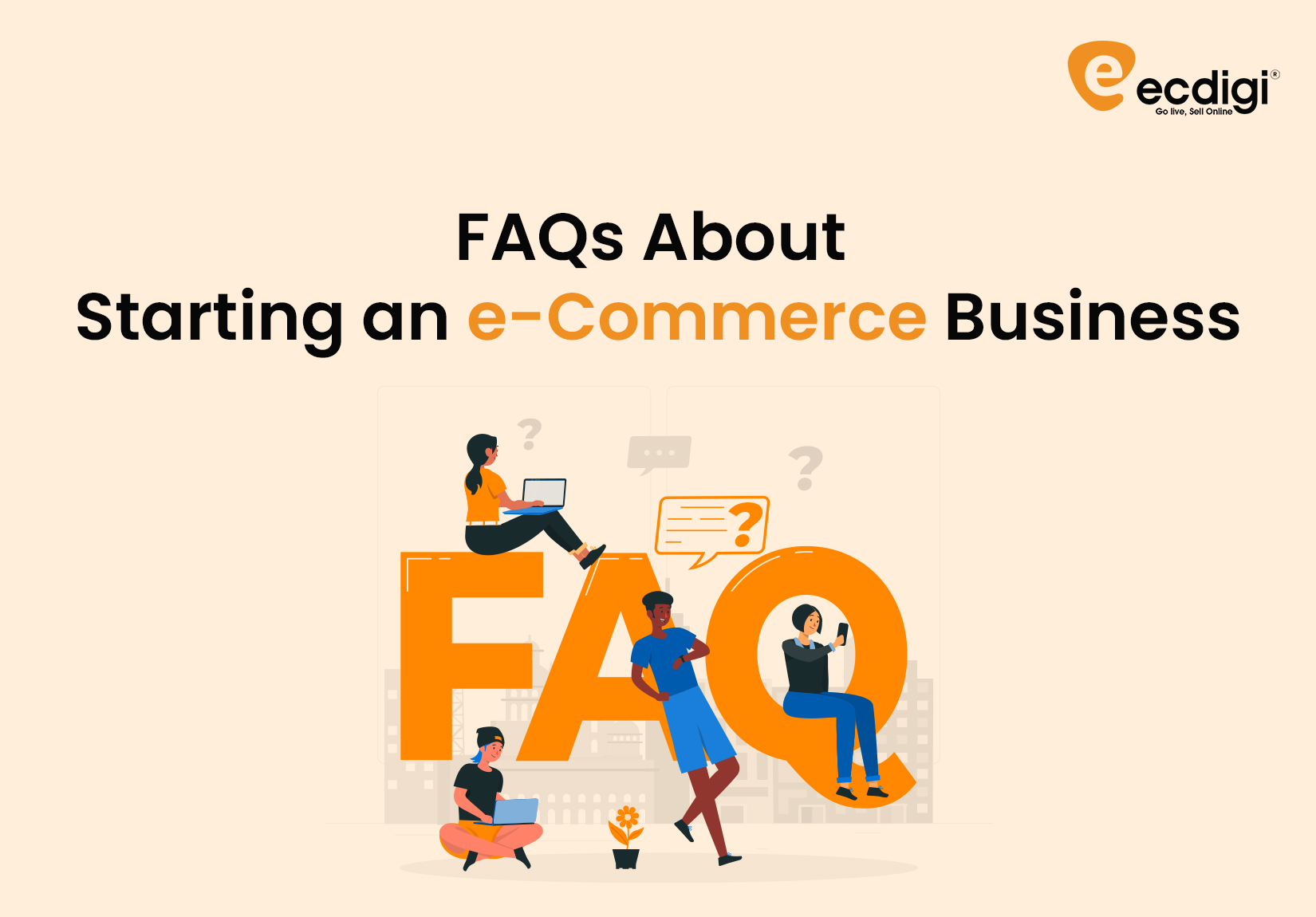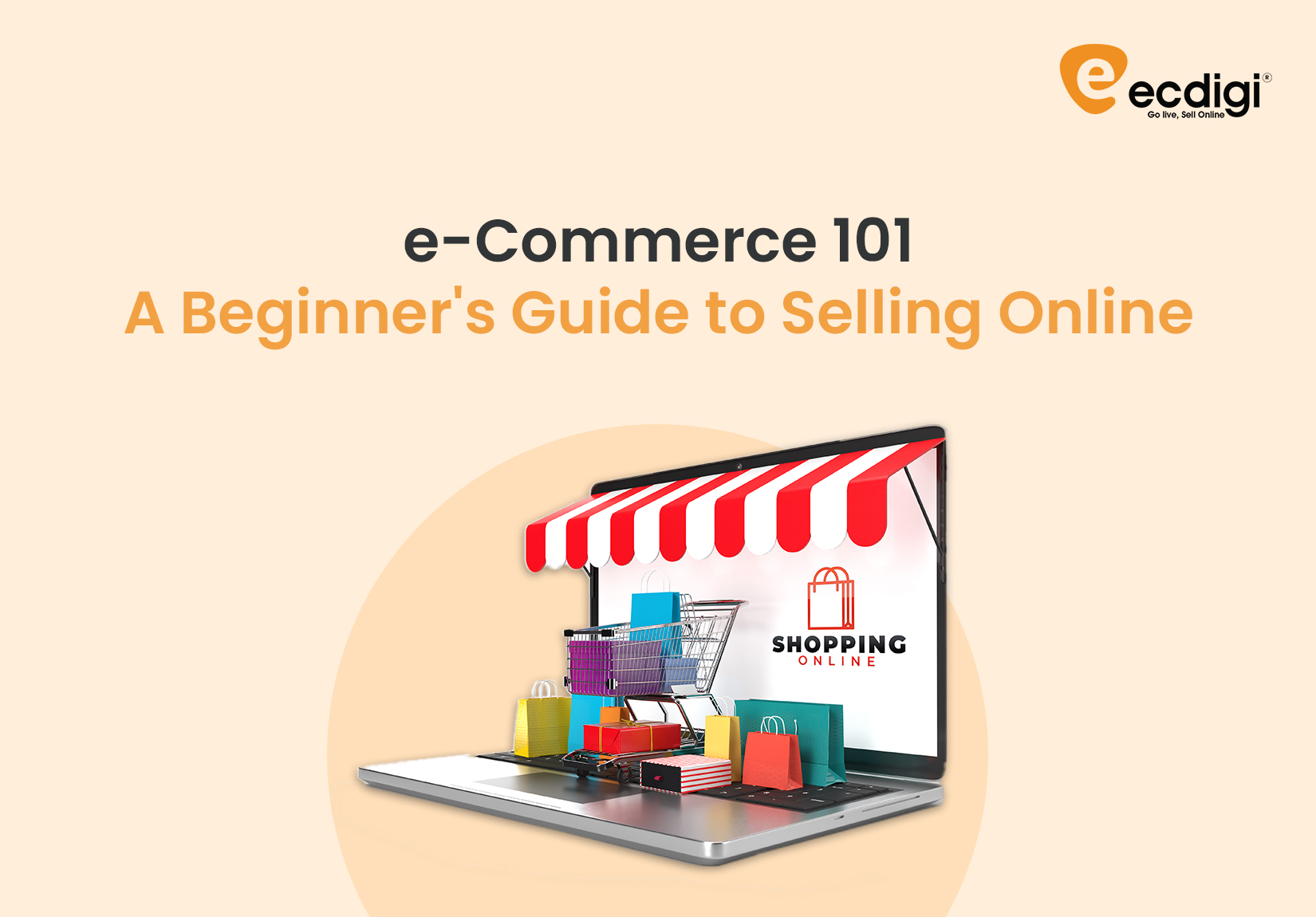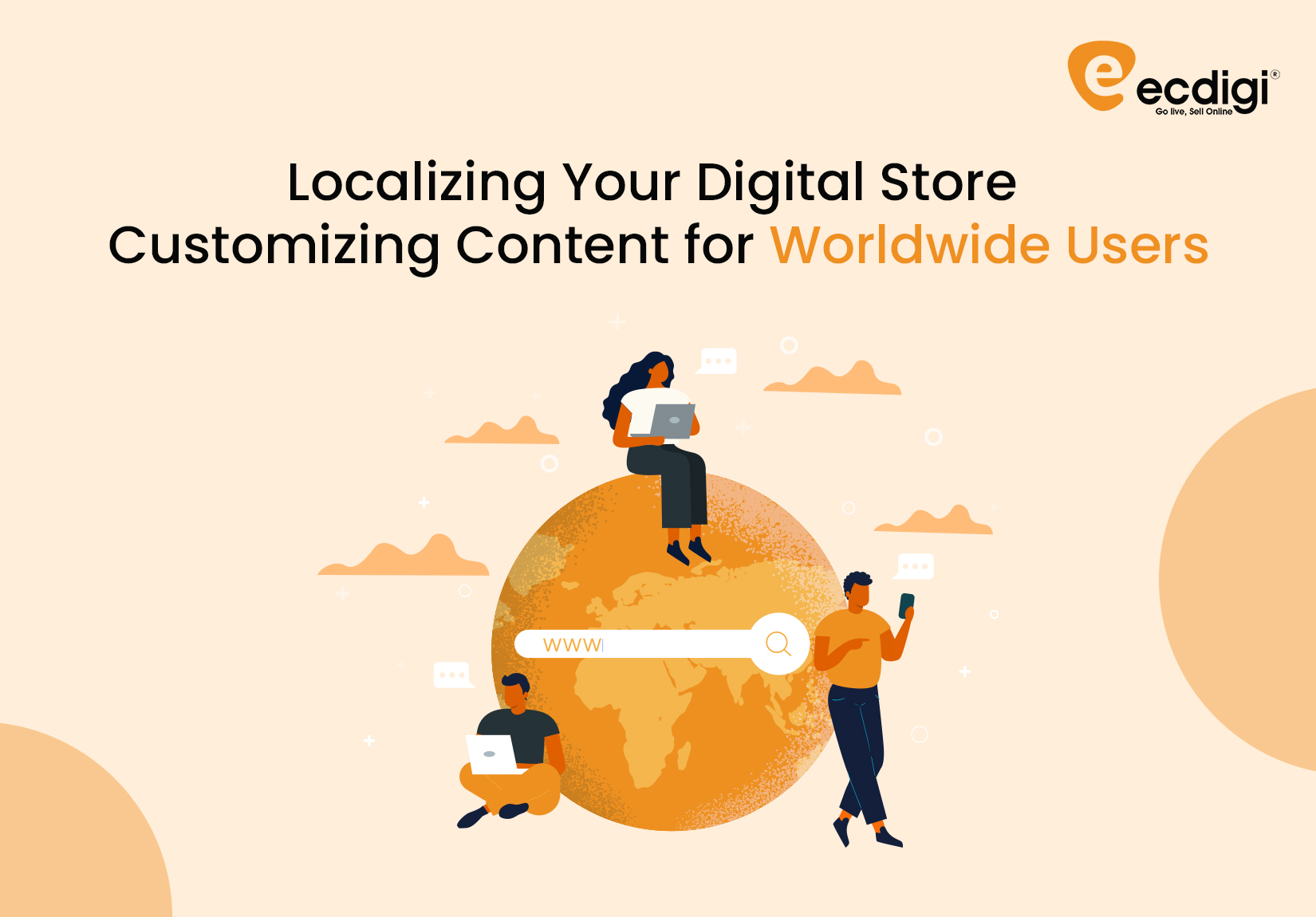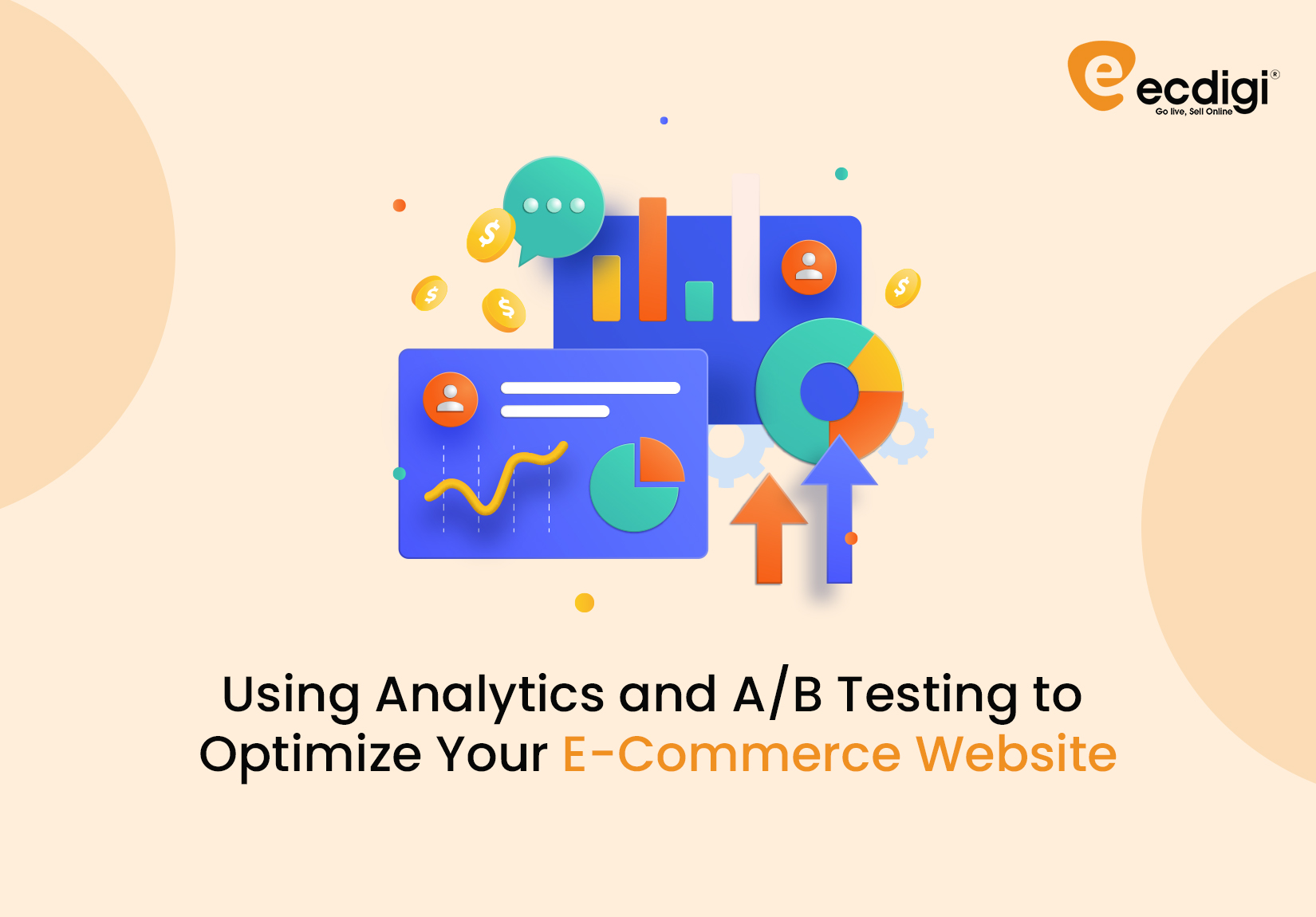The Many Faces of Commerce
Faces of Commerce | 23 Jan, 2024
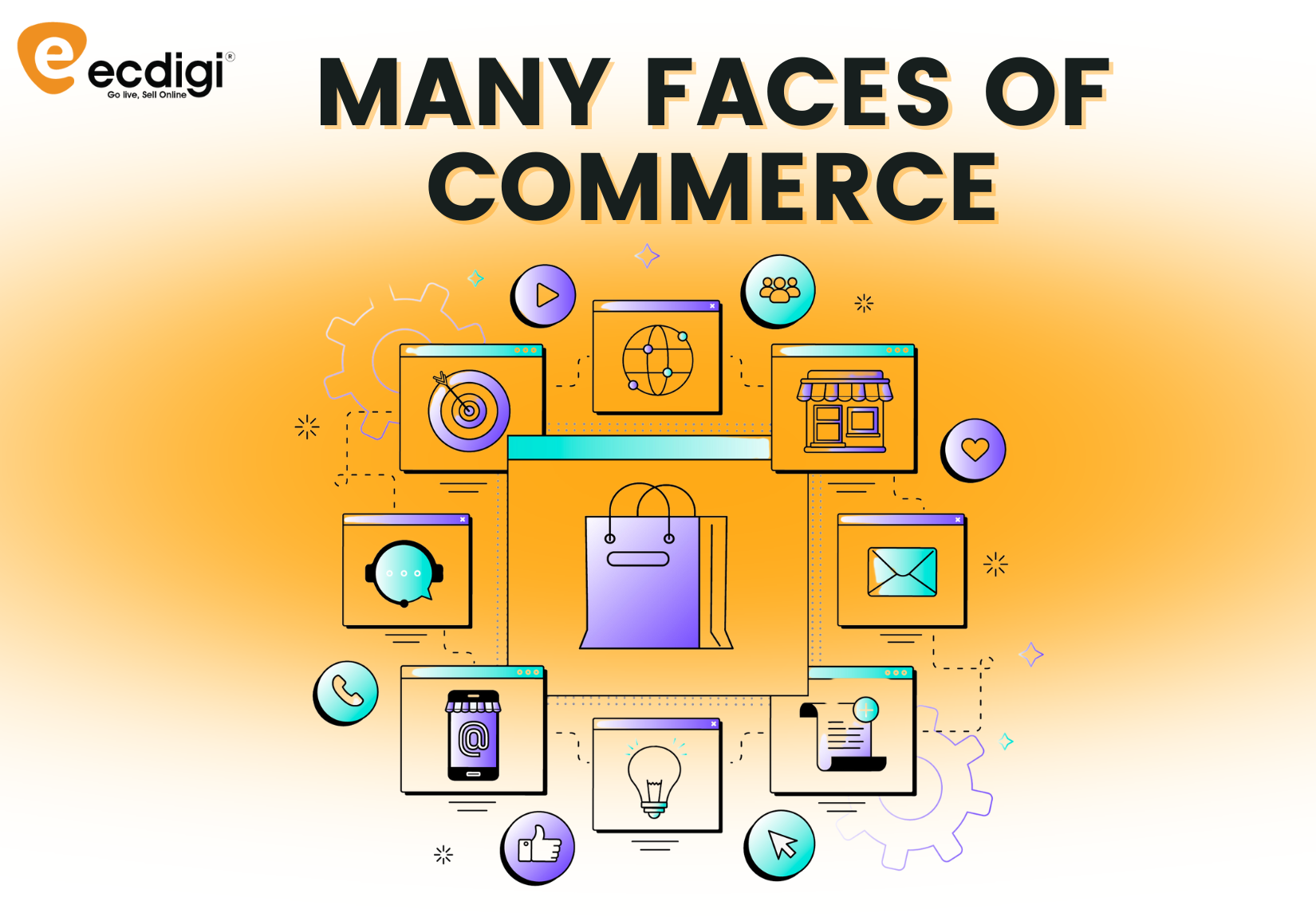
Commerce is a huge and ever-evolving field that encompasses a multitude of forms and practices. From traditional brick-and-mortar stores to cutting-edge e-Commerce platforms, each facet of commerce serves a unique purpose and caters to various consumer needs. In this in-depth overview, we will take a deeper look at the diverse world of commerce, offering in-depth explanations and examples of each form to provide you with a thorough understanding of how they work in today's complex business landscape.
1. Traditional Retail Commerce
Traditional retail commerce represents the foundation of commerce as we know it. This form of commerce involves physical stores where customers visit to browse, select, and purchase products and services. While it may seem old-fashioned in the digital age, it continues to play a vital role in the economy.
Example: Department Stores

Source : https://www.macys.com/
Department stores like Macy's or Nordstrom exemplify traditional retail commerce. They offer a wide range of products under one roof, allowing customers to physically inspect and try out items before purchasing.
2. e-Commerce
e-Commerce, or electronic commerce, has revolutionized how we buy and sell goods. It involves online platforms and websites conducting transactions electronically, offering convenience and accessibility.
Example: Amazon

Source : https://www.amazon.in/
Amazon, one of the world's largest e-Commerce platforms, provides customers with a vast selection of products, competitive pricing, and efficient delivery services. The website's user-friendly interface and extensive product reviews make online shopping a seamless experience.
3. Mobile Commerce (M-Commerce)
As smartphones have become ubiquitous, M-Commerce has gained prominence. This form of commerce enables users to make purchases and transactions using mobile devices, creating a portable shopping experience.
Example: Starbucks Mobile App

Source : https://www.starbucks.com/
The Starbucks mobile app allows customers to order and pay for their coffee remotely. Users can customize their orders, earn loyalty rewards, and enjoy a frictionless payment process, enhancing their overall coffee shop experience.
4. Social Commerce
Social media platforms have evolved from being purely social to active commerce channels. Social commerce involves buying and selling products directly through social media platforms, leveraging the power of user engagement.
Example: Instagram Shopping

Source : https://elements.envato.com/
Instagram Shopping enables businesses to set up virtual storefronts on their profiles, tagging products in posts for easy access. Users can explore and purchase items without leaving the app, making it a seamless shopping experience.
5. Subscription Commerce
Subscription commerce models have gained momentum as businesses seek recurring revenue streams. This approach involves customers subscribing to receive products or services regularly, providing both predictability and convenience.
Example: Dollar Shave Club

Source : https://us.dollarshaveclub.com/
Dollar Shave Club Provides a subscription service for razors and grooming products. Subscribers receive new products at regular intervals, ensuring they never run out of grooming essentials while simplifying their shopping routine.
6. Peer-to-Peer (P2P) Commerce
P2P commerce has thrived with the rise of digital platforms that connect individuals looking to buy or sell goods and services directly to each other.
Example: Airbnb

Source : https://www.airbnb.co.in/
Airbnb connects travellers with hosts who offer accommodations in their homes. This P2P model has transformed the travel industry, providing unique lodging options and personalized experiences.
7. Business-to-Business (B2B) Commerce
While B2C commerce is more familiar to consumers, B2B commerce plays a crucial role in the global economy. It involves transactions between businesses, such as suppliers, manufacturers, and distributors.
Example: Alibaba

Source : https://www.alibaba.com/
Alibaba is a prominent B2B e-commerce platform connecting businesses worldwide. It facilitates trade by allowing companies to source products, negotiate deals, and establish international partnerships.
8. Auction Commerce
Auction commerce embraces the age-old practice of selling goods to the highest bidder but has found a new life online, creating dynamic and competitive marketplaces.
Example: eBay

Source : https://www.ebay.com/
eBay is a well-known online auction platform where individuals and businesses can list items for sale. Bidders compete in real-time auctions, ultimately determining the final price of the item.
9. Cryptocurrency Commerce
Cryptocurrency commerce harnesses the power of digital currencies like Bitcoin and Ethereum to facilitate transactions and payments, offering a decentralized and borderless approach to commerce.
Example: Overstock
Overstock was one of the pioneers in accepting cryptocurrency as a payment method. Customers can use to purchase a wide range of products on their platform, embracing thcryptocurrencies e digital currency movement.
10. Cross-Border Commerce
Globalization has expanded commerce beyond national borders, creating cross-border commerce, which involves transactions across international boundaries, presenting unique challenges and opportunities.
Example: AliExpress

Source : https://www.aliexpress.com/
AliExpress, an online retail platform, connects Chinese sellers with customers worldwide. Shoppers can access a vast array of products and enjoy competitive prices despite geographic distances.
11. Environmental and Sustainable Commerce
Sustainability is increasingly important in commerce. Companies are adopting environmentally friendly practices, such as sourcing sustainable materials, reducing waste, and promoting eco-friendly products.
Example: Patagonia

Source : https://www.patagonia.com/
Patagonia, an outdoor clothing company, is a trailblazer in sustainable commerce. They use recycled materials, support environmental initiatives, and encourage customers to repair and reuse their products.
12. Direct-to-Consumer (DTC) Commerce
DTC commerce enables brands to establish direct relationships with customers, bypassing traditional retailers and intermediaries. It often prioritizes personalized experiences and transparency.
Example: Warby Parker

Source : https://www.warbyparker.com/
Warby Parker, an eyewear company, offers customers affordable, high-quality glasses and sunglasses directly through their website and physical stores. This DTC model provides a seamless and engaging shopping experience.
Last Line
The world of commerce is vast and diverse, encompassing a wide range of forms and practices, each catering to specific consumer needs and preferences. From the enduring appeal of traditional retail stores to the disruptive force of e-Commerce and the innovation of sustainable commerce, commerce continually evolves.
As you navigate the commerce landscape, remember that understanding the various forms and their unique characteristics is essential. Whether you're a consumer seeking convenience or a business owner looking for opportunities, this guide offers a thorough overview to help you make informed decisions in the ever-changing world of commerce.


